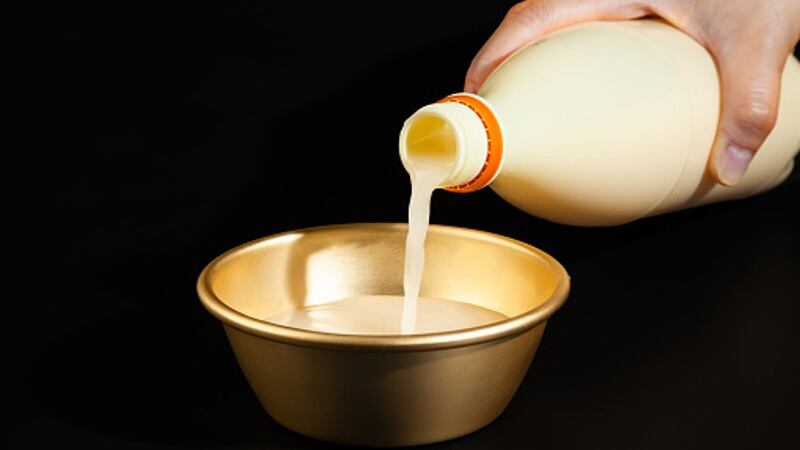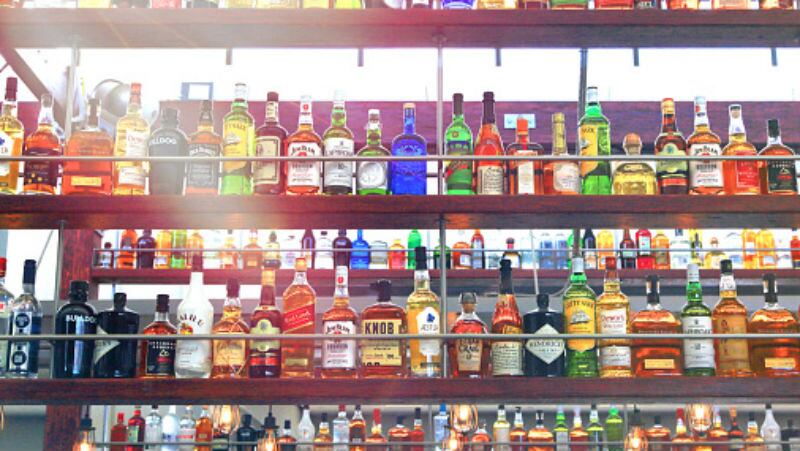Ever since the Korean Hallyu wave picked up steam in the past decade due to the popularity of Korean dramas, South Korea has been keen to use the trend to expand exports.
This has been particularly apparent from a food and beverage perspective, where many types of traditional South Korean products have gained near-mainstream popularity in various overseas markets and led to rapid increases in exports even throughout the COVID-19 pandemic.
The South Korean Ministry of Agriculture, Food and Rural Affairs (MAFRA) recently released data stating that many traditional foods have seen healthy export growth in 2021, such as kimchi with a 10.7% year-on-year growth to reach US$159.9mn, ginseng with 16.2% growth to US$267mn and soy sauce with 3.4% growth to US$103.2mn.
One other area that is relatively smaller in value so far but has seen some of the most rapid growth has been traditional liquor exports, which grew a hefty 29.1% to bring in US$23.5mn, and upon recognising its potential the government is now looking to revamp the sector to capitalise on this.
“[Our discussions with the local industry have found that] there seems to be some inconsistencies between the concept of traditional liquor as recognised by consumers, and the definition of this category as outlined in our laws and regulations,” MAFRA minister Jeong Hwang-geun said via a formal statement.
“Vast improvement is now needed in order to revitalise this industry [and make the most of] a situation where many consumers from the younger generation are showing high interest in traditional liquor, due to connections and marketing by popular celebrities in the market.
“One initiative [we are looking at] is to revise the current Act On Promotion Of Korean Traditional Liquor Industries to synchronise the regulations, and ensure that this is done in a way that the public can understand. This revision will be completed within this year.”
Jeong added that the revision plan will clarify the differences between regional specialty liquors and traditional liquors so as to enable currently unlisted items such as beer and brandy to be incorporated and receive the same fostering and support as other specialty products, as well as for special promotion to be provided for traditional liquors.
“One of the most important products to consider here is makgeolli (sparkling rice wine) which is a clear traditional beverage but is not included as a traditional liquor by law at the moment,” he said.
“The revision will promote the status of makgeolli to include this as a traditional liquor, [and make the most of] this widely popular beverage in many markets.”
Jeong is currently consulting with various relevant ministries including the Ministry of Strategy and Finance and the National Tax Service about this revised bill, and once completed a final draft will be submitted to the South Korean National Assembly for debate.
Industry beneficiaries
This revamp is expected to help both large and small traditional liquor firms in the country, from the better-known makgeolli and soju to lesser-known gukhwaju (flower wine) and yagyeongju (medicinal wine).
Some of the bigger names in the sector currently include Kooksoondang and Seoul Jangsoo – These are the two largest ready-to-drink bottled makgeolli brands in the country, with MAFRA numbers also indicating these as the country’s first and second largest exporters of traditional liquor.
For this sector, the association with traditional culture tends to be the main marketing and promotional strategy apart from flavours and taste, and this revamp will likely help to boost this even further.
“As a representative Korean liquor producer, we have committed to playing our part in promoting Korean culture to the rest of the world [via] our traditional liquors,” Kooksoondang stated via a




